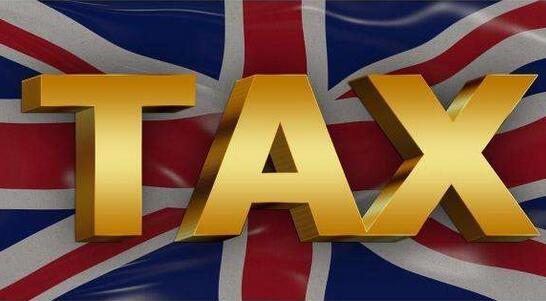英国
Tax: Let me tell you how it would be
税收:去往何处
Whoever wins the next election, taxes are likely to go up.
不管谁当选下任首相,税收都可能提高。
To finance the many costly promises in its manifesto the Labour Party would need to increase taxes significantly.
工党为了给其宣言中的许多代价极高的承诺提供资金,需要大幅增加税收。
It has promised a steep rise in corporation tax and a higher rate of income tax for those earning more than 80,000 pounds ($104,000) a year.
工党已承诺将大幅提高企业所得税和对那些年收入超过80000英镑(合104000美元)的人征收更高的所得税。
The Liberal Democrats want to add one percentage point to each band of income tax to pay for extra spending on health care.
自由民主党希望在每一个所得税上增加一个百分点,以支付医疗保健的额外开支。

The Conservatives, by contrast, like to portray themselves as the party of low taxes.
相比之下,保守派喜欢把自己看作成低税收的政党。
On the campaign trail Theresa May has talked of her low-tax “instinct”.
在竞选活动中特蕾莎·梅谈到了她的低税收“本能”倾向。
But she has left the door open to higher taxes, in contrast to her party's promise in 2015 not to increase income tax, VAT or national insurance contributions (a payroll tax which Philip Hammond, the chancellor of the exchequer, is keen to raise).
但她已经向更高的税收敞开了大门,这与她所在的党在2015提出不增加所得税,增值税或国民保险税的承诺相反(财政大臣菲利普·哈蒙德急于提高工资税)。
Regardless of the parties' manifestos, a look at Britain's accounts makes one thing clear: whoever wins on June 8th and whatever promises they make now, in the coming years the tax burden is likely to rise to its highest level in decades.
不管各党派的宣言,看一看英国账户就清楚一件事:无论谁在6月8日赢得了,不管他们现在承诺什么,来年税负有可能上升到近几十年来的最高水平。
When the Conservatives came to power in coalition with the Lib Dems in 2010, the government was running a budget deficit worth 10% of GDP.
2010年保守党在与自由民主党联合执政时,政府财政赤字高达国内生产总值的10%。
As ministers went about reducing the deficit in the parliament of 2010-15, most of the adjustment was borne by cuts to public spending rather than by tax rises.
当一些部长在议会着手减少在2010年-2015年财政赤字时,大多数的调整是由削减公共开支而不是增税。
A number of departments, such as health, education and international development, have been largely spare the axe.
如医疗、教育、国际发展这些部门,基本都逃过一劫。
But others, such as work-and-pensions and transport, saw real terms cuts off more than a third in 2010-16.
但是其他部门,如劳务部及交通部,预算削减达到了2010-2016年间的三分之一。
Real spending on public services has fallen by 10% since 2009-10, the longest and biggest fall in spending on record.
公共服务支出自2009-2010年下降了10%,这是有记录以来持续时间最长、规模最大的支出削减。
This brought the budget deficit down to 4% of GDP in 2015-16.
这也2015-2016年政府赤字减至国内生产总值的4%。


